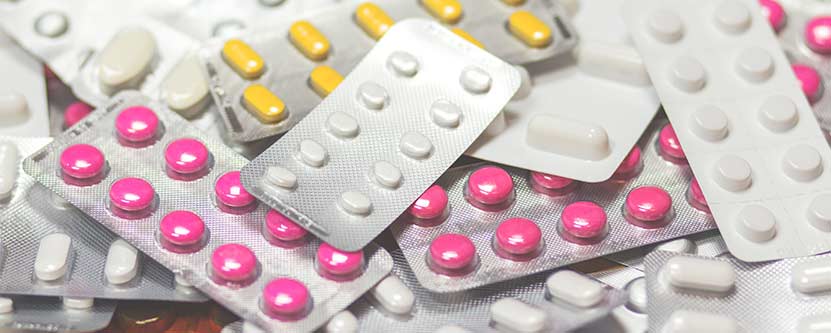Especially the liver and kidneys of younger babies are still developing and are more likely to suffer any harmful effects of any drugs. So, premature babies are at an even greater risk. Also consider if your baby is breastfeeding exclusively; that would mean more impact for the baby as compared to a slightly older baby who is also taking solids and having less frequent breastfeeds – this will lessen the impact of any drug.
If you choose to take any medication; Tips to minimize the risks:
- Choose single-ingredient options rather than ones that have a variety of active ingredients into one pill
- Take your medication after feeding and try to delay the next feed by 2-3 hours before feeding again
- If you have advanced notice, pump in addition to breast-feeding and store surplus expressed milk for use during that time
- Other option is you can pump some milk post the drug dose and Discard the first expressed milk before feeding the baby
- Use inhalers and sprays rather than pills to minimize passing on the drug into the blood stream and thereby into the milk
- Choose non-drowsy options to avoid any unnecessary adverse risks
What common over-the-counter drugs should be avoided while breastfeeding?
- Aspirin (because of an increased risk of Reye’s syndrome)
- Codeine (as it can cause sedation)
- Pseudoephedrine- a decongestant that can reduce milk supply
- Phenylephrine and phenylpropanolamine – both decongestants found in some cold medicines
- Guaifenesin: an expectorant (to bring up phlegm) found in some cough medicine
- Medicines that may cause drowsiness
Recreational drugs should be avoided as they can have a negative impact on your baby and may make you less able to look after your child. There have been some studies into the effect of cannabis passed on through breast milk that suggest it could effect a child’s motor skills development at one year.
What medicines are OK to take while breastfeeding?
- Most simple antibiotics are safe like the penicillin group and the cephalosporin group, erythromycin, clotrimazole, etc
- Painkillers such as paracetamol and ibuprofen
- Cough medicines – dextromethorphan is fine
- Asthma inhalers
- Normal doses of vitamins but not the mega-level vitamins
- Domperidone, for vomiting
- Antacids
- Insulin
- Almost all vaccines are safe except yellow fever
- Corticosteroids
- Drugs that have also been formulated for children are usually safe for breastfeeding moms; this includes loratadine, fexofenadine and cetirizine
- Warfarin and Heparin anticoagulants are protein-bound in the blood and so less likely to enter breast milk (but if you need to take these drugs make sure your baby has vitamin K at birth)
What about the pill?
Contraceptive pills are hormones and can reduce the milk supply especially those that contain oestrogen. Mini-pills or progesterone only pills are recommended while you’re breastfeeding. Other non hormonal options like Copper T/IUCD and barrier methods (condoms) are safer options.

